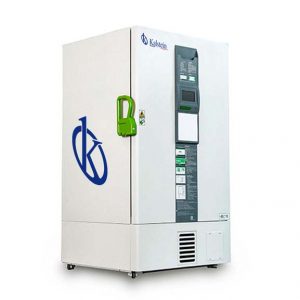Water Systems
Discover our exclusive range of Water Purification Systems designed to meet the demanding needs of modern laboratories. Our state-of-the-art purification systems are meticulously engineered to ensure the highest quality of water for your experiments and analyses. With advanced technologies and precision, our systems effectively remove impurities and contaminants, providing you with reliable and consistent results every time.
From reverse osmosis to distillation systems, our collection offers a variety of solutions to suit your specific requirements. Whether you need ultra-pure water for sensitive experiments or general laboratory use, our Water Purification Systems deliver unparalleled performance and efficiency. Invest in the quality and precision your work deserves with our reliable purification systems. Elevate your laboratory operations today with Kalstein’s advanced Water Purification Systems.
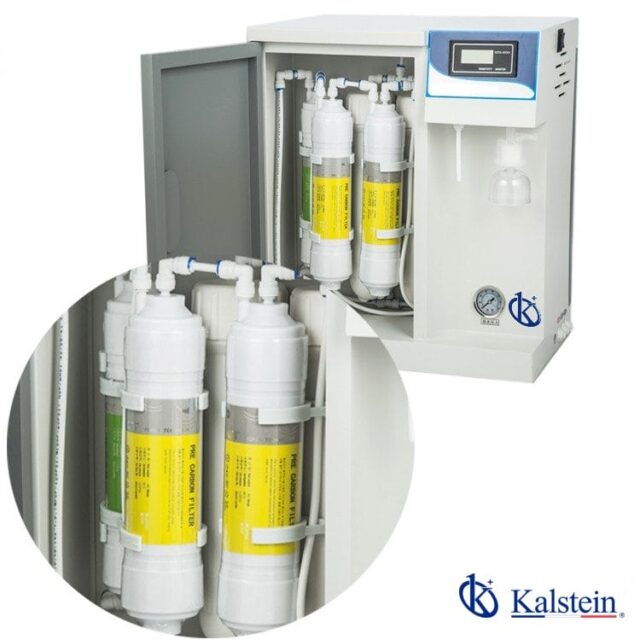
WATER SYSTEMS KALSTEIN
At Kalstein you can find the ideal Water Systems for Your Laboratory
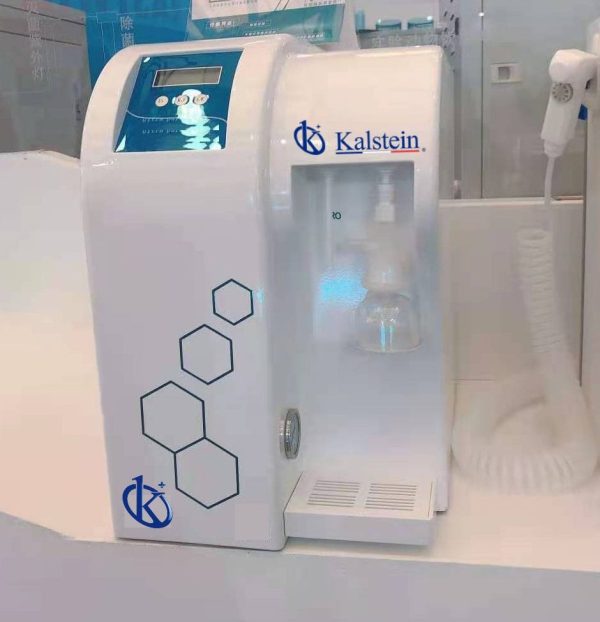
Ultrapure water System YR53/YR53-1
Atomic absorption/emission spectroscopy, mass spectrum, TOC detection, environmental monitoring, biochip development, trace organic matter análisis The case adopts ...
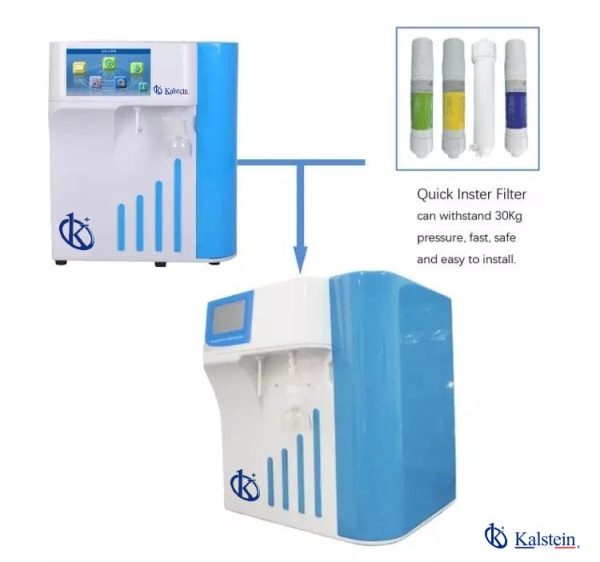
Water Purification System YR56 / YR56-1
Atomic absorption/emission spectroscopy, mass spectrum, TOC detection, environmental monitoring, biochip development, trace organic matter análisis Colored touched...
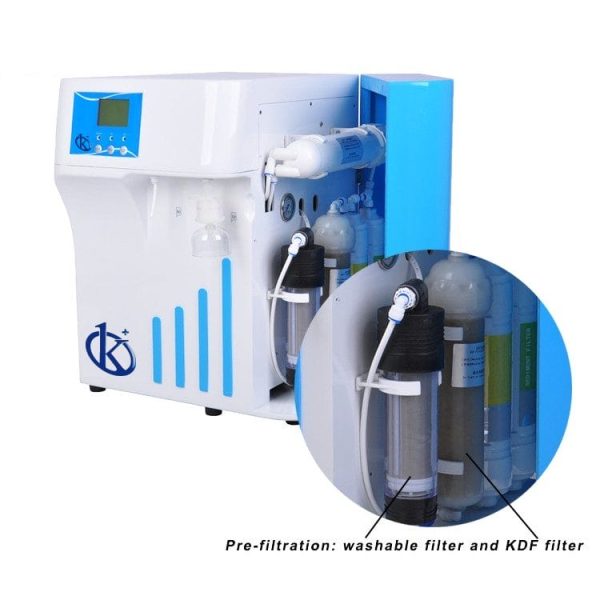
Water Purification System YR60-1
ABS engineering plastic case, powder coating technology, with water quality and quantity upgrading function, self-priming door. Type U Korean quick-insert filters, used imported filt...
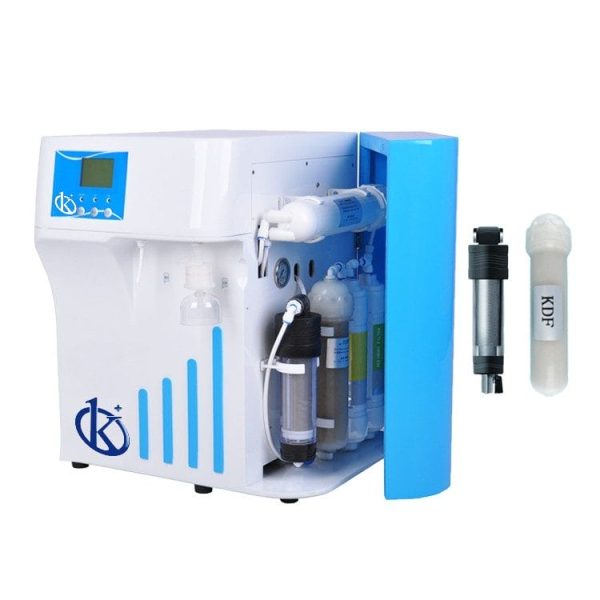
Water Purification System YR54 / YR54-3
Atomic absorption/emission spectroscopy, mass spectrum, TOC detection, environmental monitoring, biochip development, trace organic matter análisis ABS enginee...
Our Water Systems best seller
Features
- The case adopts ABS plastic spraying process; the appearance adopts curve design to be more beautiful and generous with removable drain tank
- All Korean-style quick-inserted filter columns in the entire system are built into the chassis; easy maintenance and replacement;
- Water quality online monitoring system, which can measure the water quality of the produced water immediately;
- Equipped with a portable TDS pen, which can test TDS content, conductance and water temperature anytime and anywhere;
- Touch the keys, two water quality, ready to use;
- Touch the door to open the door design, the replacement of the filter element is simple and fast, the entire process does not require any tools, and the filter element replacement is easily completed;
| Model | YR58-1 | ||
| Feed water request | tap water, inlet water pressure: 0.15-0.5MPa, water temperature 5-40°C | ||
| Capacity | 30L/H | ||
| Flow rate | 1.5-2L/min ( with pressure barrel) | ||
| Output water quality |
RO pure water: desalination rate as high as 95-99%,TDS<10ppm Deionized water: resistivity 10-16MΩ.cm@25°C, conductivity: ≦0.1 μs/cm |
||
| Power supply | 220V/50Hz; 48W | ||
| Dimension(mm) | L*W*H:41*27*50cm | ||
| Standard configuration: | Machine (including 1 set of consumable filters) +12L pressure tank + accessory package | ||
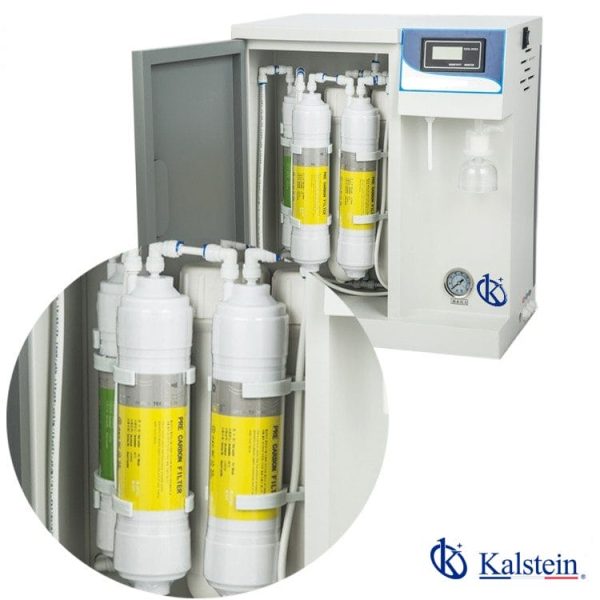
Analysis of the best Water Systems for Your Laboratory

Discover Innovative Water Purification Systems for Laboratories
Water is an indispensable tool in any laboratory. Its purity level can define the accuracy and reliability of the resul...
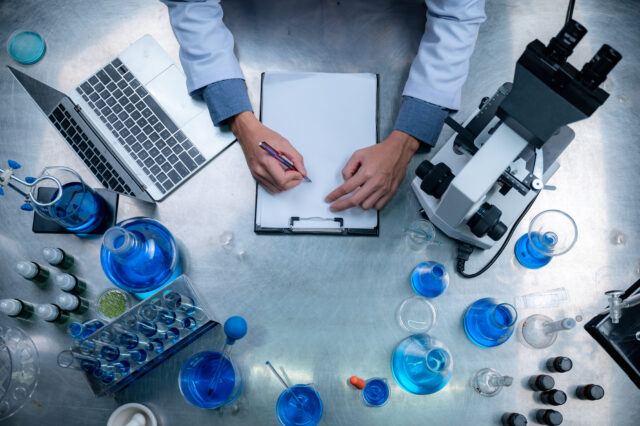
Operation and Indispensable Need for Laboratory Water Purification Systems
Water is a universal solvent and an essential component in countless laboratory processes. However, the water we u...

The crucial role of Water Purification Systems
In the advanced scientific research and delicate experiments carried out in modern laboratories, no detail can be overlooked. Among these details, water purity plays a k...

Recent Innovations in Laboratory Water Purification Systems
The demand for pure and ultrapure water has skyrocketed, most especially in clinical, research, pharmaceutical and other industrial laboratories. In these controlled environments, water quality ...
Catalog of models of Water Systems on offer
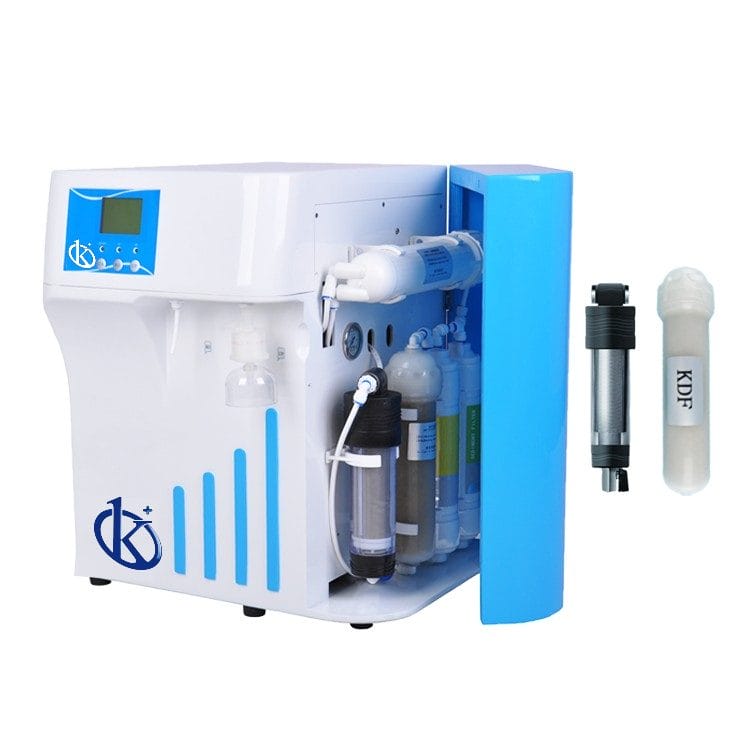
Water Purification System YR54 / YR54-3
Select options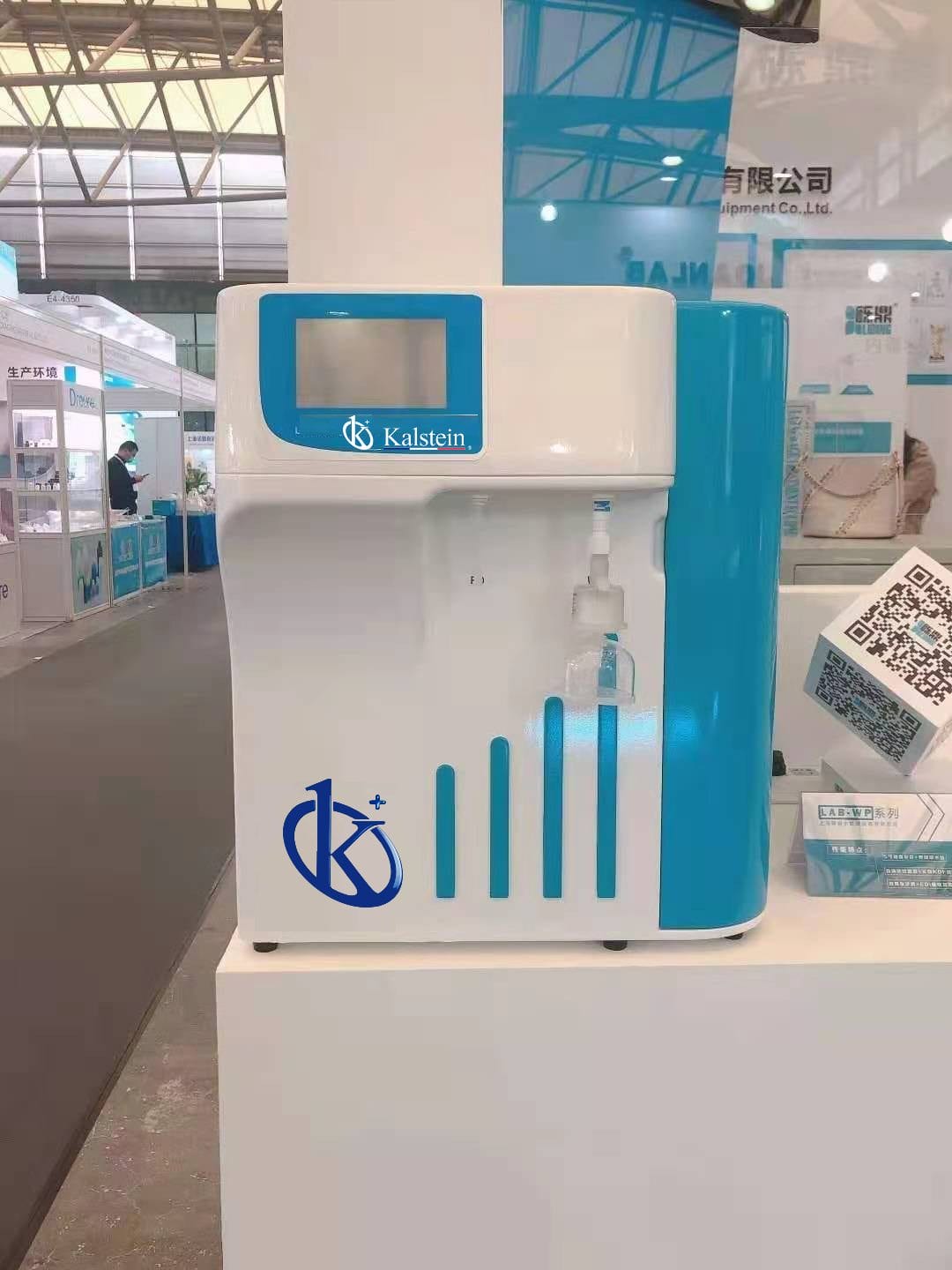
Water Purification System YR55 / YR55-3
Select options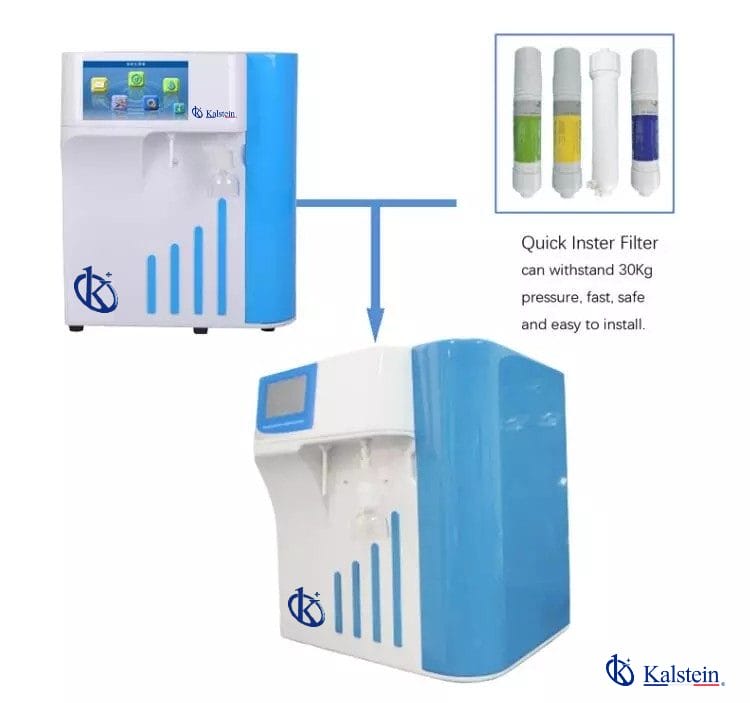
Water Purification System YR56 / YR56-1
Select options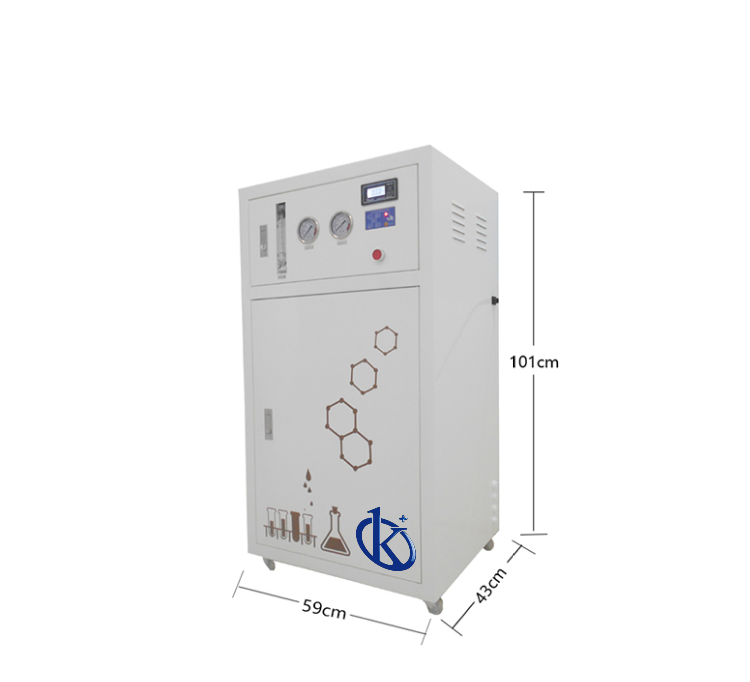
Water Purification Systems YR59 – YR59-1
Select options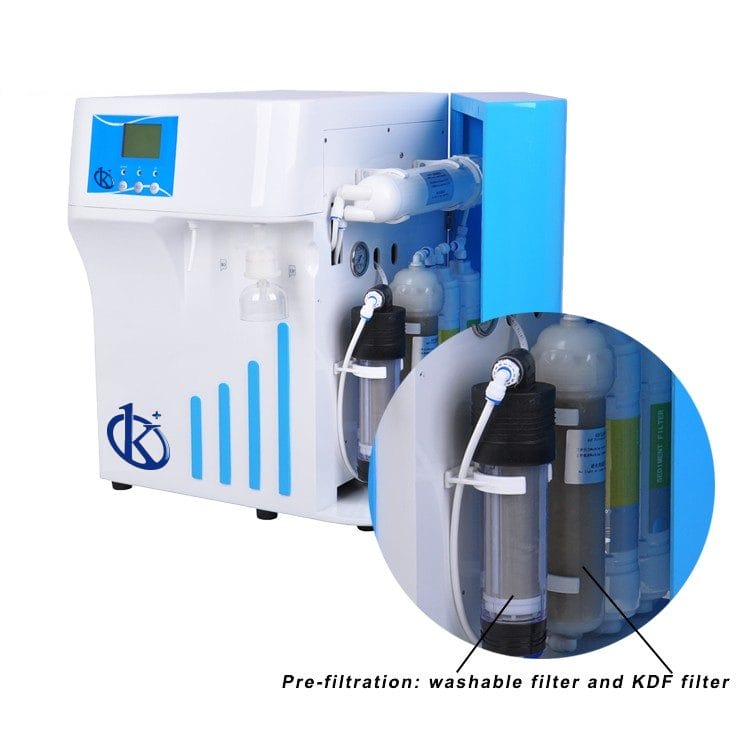
Water Purification System YR60-1
Add to cart
Deionized water System YR57//YR57-2
Select options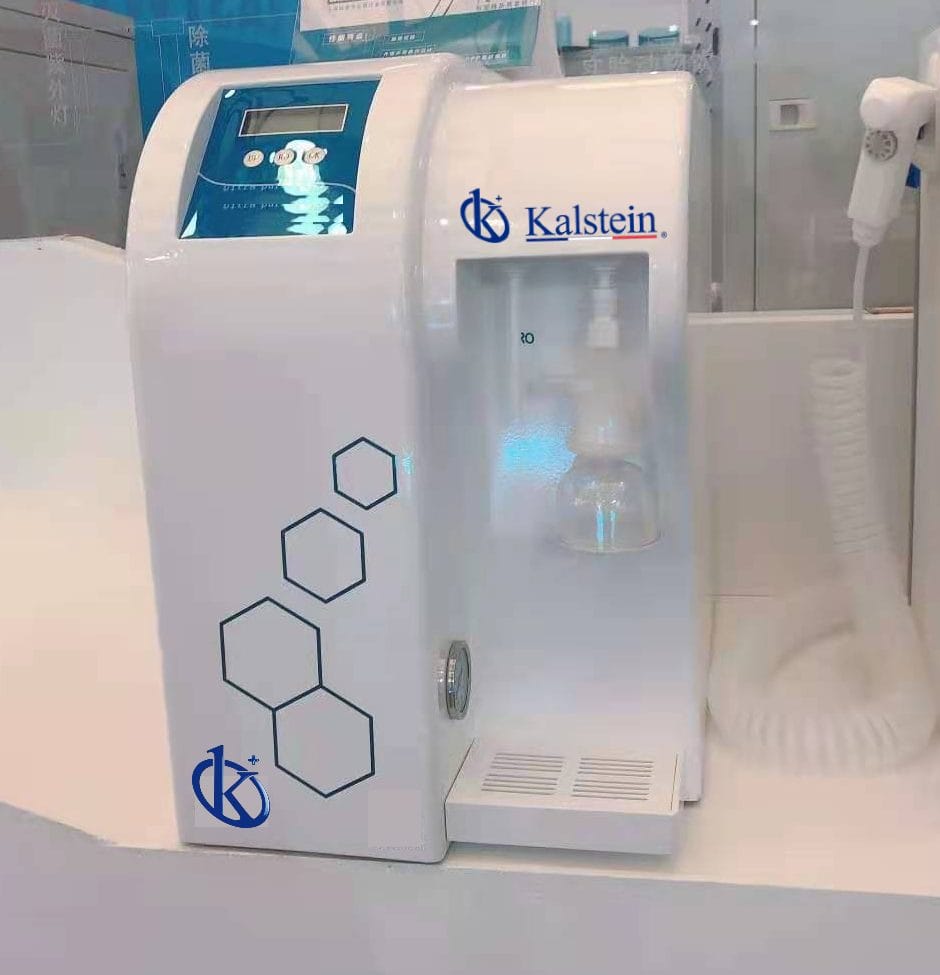
Ultrapure water System YR53/YR53-1
Select options
Deionized water System YR58-1
Add to cart
KALSTEIN UPDATED
Guidelines for you to become an expert in Water Systems
The Water Systems equipment are essential products in Your Laboratory, we provide you with guidance and recommendations for a better use, so you can work like an expert.
Application of Water Purification Systems in Scientific Research Laboratories
Water Purification Systems: Factor Determining Water Quality
Advanced Water Purification Systems: Guaranteed Purity for Critical Laboratories
Water Purification Systems: Innovation in Modern Laboratories
Water is an essential resource in any laboratory. From experiments to cleaning instruments, the purity of the water used can directly affect the accuracy and reliability of results. This is where water purification systems play a crucial role. The importance of having high-purity water cannot be underestimated, as even minimal impurities can compromise scientific work.

Frequently asked questions from our customers about Water Systems
The delivery time of your Kalstein product will depend on the following:
- Whether the equipment you are interested in is in stock or if it needs to be manufactured.
- The type of freight you have chosen, which can be either air or sea.
- Equipment in stock:
– Delivery Time (Air): 15-30 days.
– Delivery Time (Sea): 45-60 days.
- Equipment not in stock:
– Delivery Time (Air): 30-60 days.
– Delivery Time (Sea): 60-90 days.
You can make your purchase through:
- By email: [email protected]
- By phone: +33 (0) 1 70 39 26 50
- Online shopping: Through the official Kalstein website in your country.
At Kalstein, we provide our customers with inductions and technical support through new online methods. You can visit our induction videos, technical assistance, and guidance provided by a Kalstein team through our Youtube channel (Kalstein English). HERE
Send us a direct message and one of our agents will contact you
Water Systems
Lorem ipsum dolor sit amet, consectetur adipiscing elit. Sed dignissim placerat mauris cursus laoreet. Nam feugiat lacus ex, at fermentum sapien accumsan nec. Curabitur auctor porttitor mi non malesuada. Aenean condimentum, purus vitae rhoncus imperdiet, justo eros aliquam ipsum, at egestas leo diam eget libero.

Catalog of models of Water Systems on offer.
-

Electric Heating Drying Oven YR06446
-
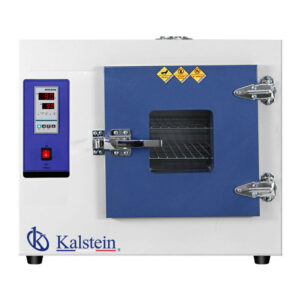
Electric Heating Drying Oven YR05259-2
-
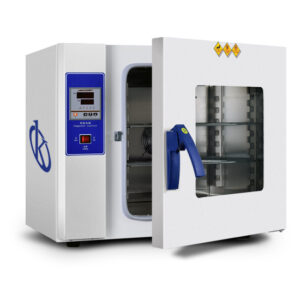
Electric heating drying oven YR05248 // YR05255
This product has multiple variants. The options may be chosen on the product page -
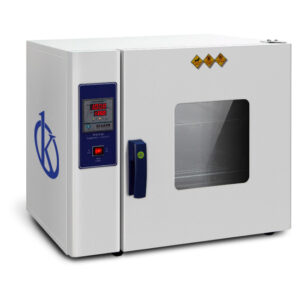
Electric heating drying oven YR05244 // YR05247
This product has multiple variants. The options may be chosen on the product page -
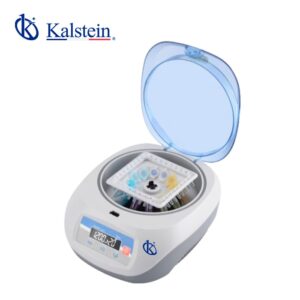
Mini Centrifuge With Large Capacity YR012G
-
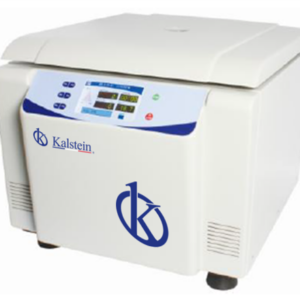
Tabletop High Speed Centrifuge YR0137-2 – YR0137-3
This product has multiple variants. The options may be chosen on the product page -
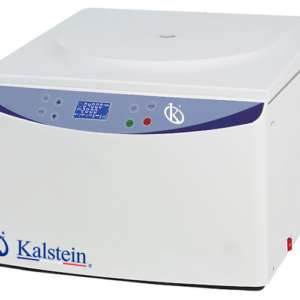
Gel Card Centrifuge YR142-3 – YR142-3-1
This product has multiple variants. The options may be chosen on the product page -
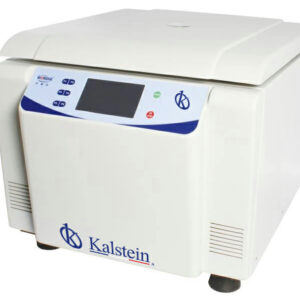
Tabletop High Speed Centrifuge YR019-TG
This product has multiple variants. The options may be chosen on the product page -

Intelligent Electric Wheelchair YR06432
-

Electric Wheelchair YR05445
-

Electric Wheelchair YR05443
-

Electric Wheelchair YR05442
-

Electric Wheelchair YR05444
-

Electric Wheelchair YR05441
-

Electric Wheelchair YR05440
-

Electric Wheelchair YR05439
Descubre más de nuestro catálogo
Tipos de Water Systems

[Producto] A
Lorem ipsum dolor sit amet, consectetur adipiscing elit. Ut elit tellus, luctus nec ullamcorper mattis, pulvinar dapibus leo.

[Producto] B
Lorem ipsum dolor sit amet, consectetur adipiscing elit. Ut elit tellus, luctus nec ullamcorper mattis, pulvinar dapibus leo.
Find out more about Water Systems with our guides.
Scientific Refrigerators: Stable Temperature Control for Testing and Storage
Scientific refrigerators and freezers are essential in any modern laboratory, as they provide stable and precise temperature control for the...
Ultra-Low Freezers: Secure Storage for Critical Samples at -80°C
When working in a laboratory, we know that sample preservation is one of the most critical aspects. Ultra-low freezers and...
Laboratory Refrigerators: Precise Preservation of Samples at Low Temperature
The preservation of samples in a laboratory is a crucial process that ensures the integrity of the compounds and organisms...

